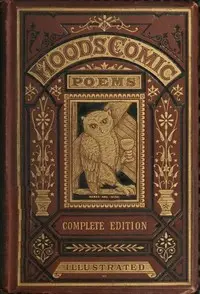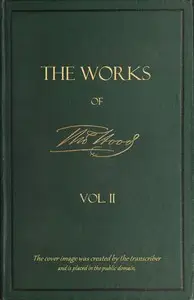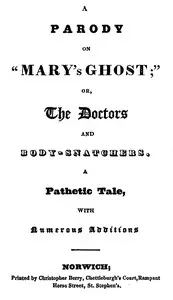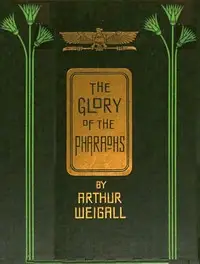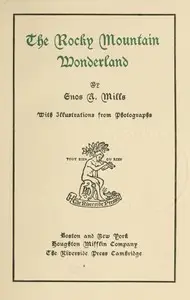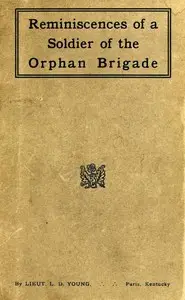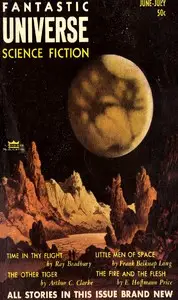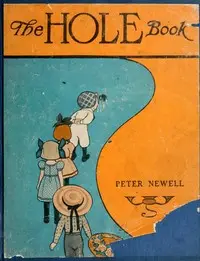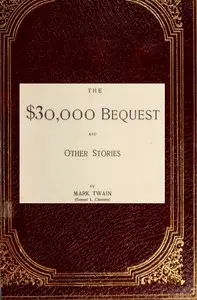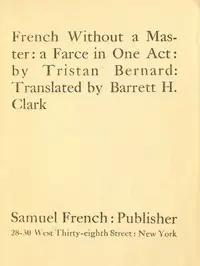"The Works of Thomas Hood; Vol. 01 (of 11)" by Thomas Hood is a collection of humor and poetry written in the late 19th century. This compilation includes a mix of comic and serious pieces, showcasing Hood's versatile talent in both prose and verse. The works are characterized by a sharp wit and often reflect social commentary through humor, making them accessible and engaging to a wide audience. The opening of this volume sets the stage with a preface that highlights Thomas Hood's literary journey and the intent behind publishing a complete edition of his works. It discusses Hood's unique ability to communicate profound themes in a manner that is both clear and relatable, likening him to Shakespeare for his eloquent yet accessible language. Following the preface, the text introduces various humorous sketches and letters, such as the "Pugsley Papers," which capture the whimsical adventures and correspondences of ordinary characters, setting a playful tone for the rest of the collection. The beginning exhilarates with lively humor, inviting readers into the delightful world crafted by Hood's imaginative storytelling. (This is an automatically generated summary.)
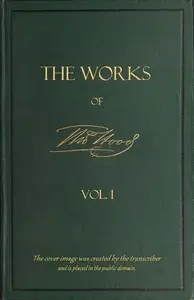
The Works of Thomas Hood; Vol. 01 (of 11) Comic and Serious, in Prose and Verse, With All the Original Illustrations
By Thomas Hood
"The Works of Thomas Hood; Vol. 01 (of 11)" by Thomas Hood is a collection of humor and poetry written in the late 19th century. This compilation incl...
Thomas Hood was an English poet, author and humorist, best known for poems such as "The Bridge of Sighs" and "The Song of the Shirt". Hood wrote regularly for The London Magazine, Athenaeum, and Punch. He later published a magazine largely consisting of his own works. Hood, never robust, had lapsed into invalidism by the age of 41 and died at the age of 45. William Michael Rossetti in 1903 called him "the finest English poet" between the generations of Shelley and Tennyson. Hood was the father of the playwright and humorist Tom Hood (1835–1874) and the children's writer Frances Freeling Broderip (1830–1878).

